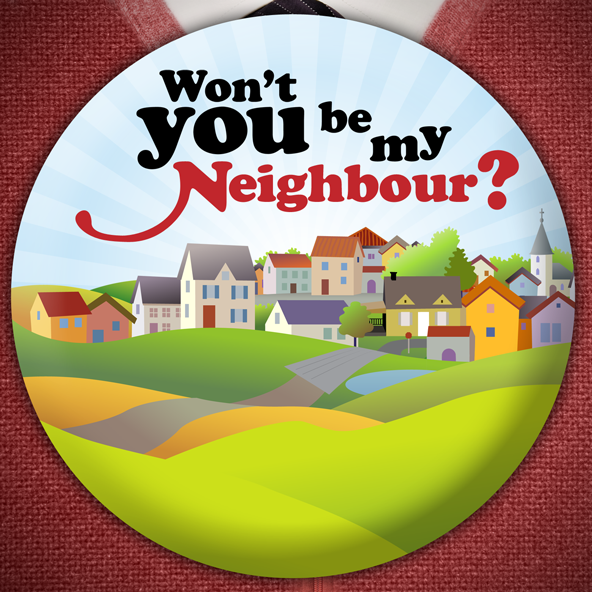In this series on being great neighbours, that ends this week, we’ve looked at 6 shifts:
Stranger -> Neighbour -> Acquaintance -> Partner -> Friend -> Family
We’ve encouraged you to learn neighbours’ names, stories, work together, become friends, and now your challenge is to find people of peace in your life. Start sharing Redeem the Commute with them. Perhaps you could do the Marriage course with your spouse and some other couples. Or you could do the parenting courses with other parents. Then take Christianity 101 together, and then the daily challenges. Make a habit of eating together whenever you can, and talking about things that matter.
This is our vision, to be a network of small groups who are being the church. We don’t want to be a church you go to, but a church on the go. We don’t want you to just go to church, but to be the church every day. We’ll be the church when we are scattered around the GTA at work, and scattered around our various neighbourhoods, but also when we gather for community events. We started this with our outdoor movie night, and next we have a trivia night.
After that, we’ll have a Christmas event. We want it to be welcoming for local residents and families, generous for those in need, and introduces the story of the original Christmas party. We’re about to start planning, so let Ryan know if you would like to help!
In the next series, Becoming Like Family, we’ll look at what it means for you, and perhaps your own immediate family to be part of God’s family, called the church. See you there!
Challenge: Ask your person of peace for help with the party you’re planning. Then invite them to follow challenges, or another course, with you.

